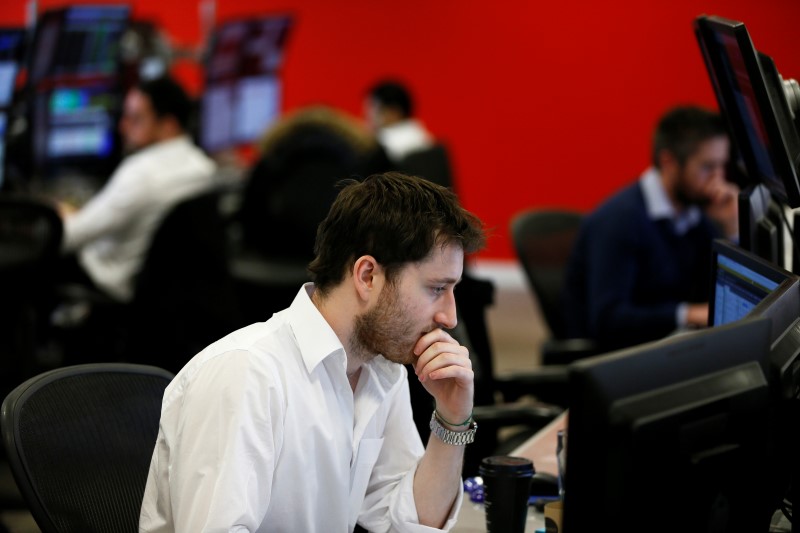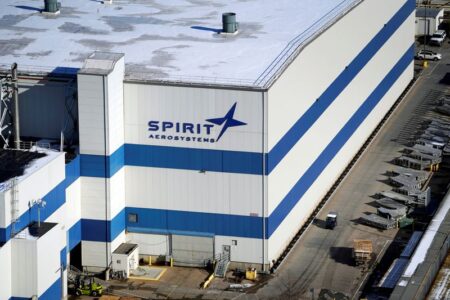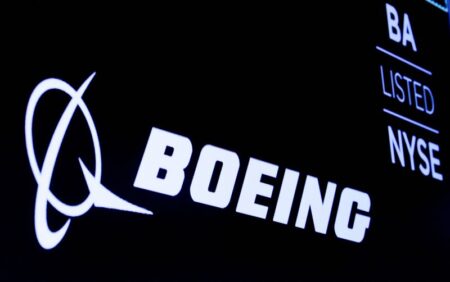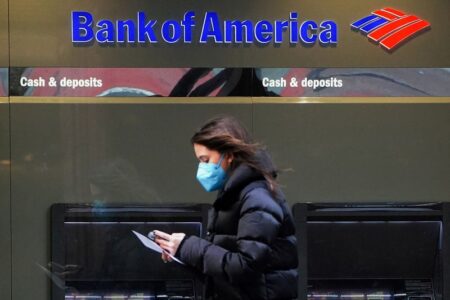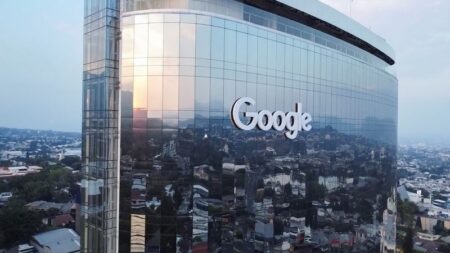By Nate Raymond and Daniel Wiessner
BOSTON (Reuters) -Uber Technologies and Lyft (NASDAQ:) will pay $175 million and implement a $32.50 hourly minimum wage for drivers in Massachusetts to settle the state’s lawsuit accusing them of improperly treating drivers as independent contractors who can legally receive lower compensation than employees, the state’s attorney general said on Thursday.
The companies also agreed to give drivers paid sick leave, accident insurance, and healthcare stipends and to stop funding or supporting a state ballot initiative that would cement app-based drivers’ status as contractors, Democratic Attorney General Andrea Joy Campbell said in a statement.
Uber (NYSE:) and Lyft in separate statements said the agreement reflected the desire of most drivers to work on their own terms while receiving many of the key benefits that are legally guaranteed to employees.
“In taking this opportunity, we’ve resolved historical liabilities by constructing a new operating model that balances both flexibility and benefits,” said Tony West, Uber’s chief legal officer.
The agreement requires Uber to pay $148 million and Lyft to pay $27 million to the state. At least $140 million will be paid out to drivers, according to a court filing.
Campbell made the announcement hours after the state’s highest court cleared the way for voters to decide in November whether to approve the industry-backed ballot measure, along with a dueling proposal to allow drivers to unionize.
It was also the eve of closing arguments in a non-jury trial in Boston over the status of drivers whose services have helped fuel the U.S. gig worker economy.
Campbell had been asking a judge to conclude that the state’s 55,000 Uber drivers and 35,000 Lyft drivers are employees under state law and therefore entitled to benefits such as a minimum wage, overtime and earned sick time.
Studies have shown that using contractors can cost companies as much as 30% less than employees.
In a statement, Campbell said the agreement holds Uber and Lyft accountable for underpaying drivers for years. The companies have denied wrongdoing in the lawsuit.
The ruling earlier on Thursday by the Massachusetts Supreme Judicial Court rejected a labor-supported challenge to the ballot measure, which Uber and Lyft have spent millions of dollars to back. The proposal would guarantee drivers most of the same benefits included in the state’s settlement with Uber and Lyft.
The industry through a $200 million campaign in 2020 convinced California voters to pass a measure similar to the one backed by the companies in Massachusetts, solidifying drivers as independent contractors with some benefits. Litigation challenging that measure is ongoing.
Read the full article here







